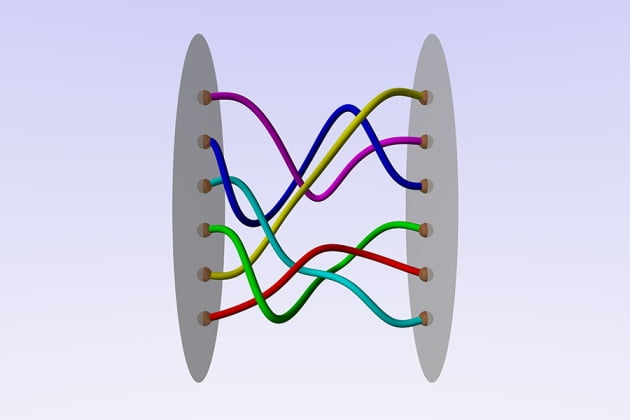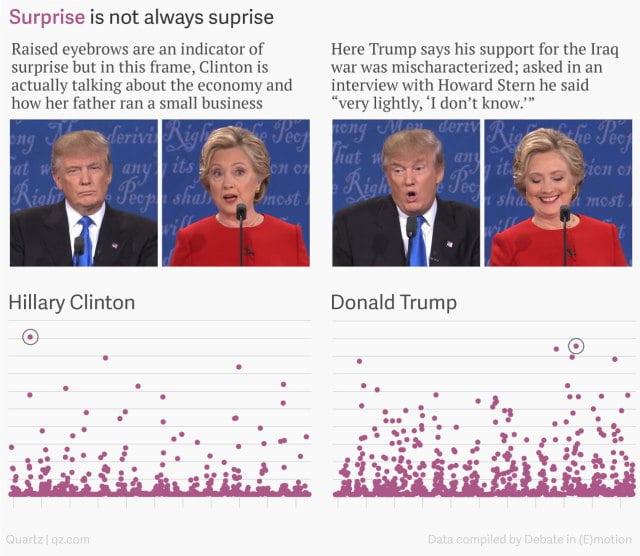Around 10 years ago, before the rise of the smartphone, there was a brief moment when it looked like mobile devices were going to take a very different direction. Ultra-mobile PCs — small, even pocket-sized Windows computers that ran the same full versions of Windows XP or Vista as your desktop, with all the same apps — looked like they might be the future of portable computing. Obviously, history was not on the side of the UMPC, and products like the OQO Model 01 or Samsung Q1 have faded into relative obscurity, replaced by smaller smartphones and larger tablets like the Surface.
The Ockel Sirius A is an Indiegogo project from the Netherlands-based Ockel Computers that’s strongly reminiscent of the UMPC days of old. At less than an inch thick and with a 6-inch screen, it’s possible to view the Sirius A as a slightly bulkier Windows 10 phone. But the Sirius A manages to fit into that form factor an Intel Atom processor, 4GB of RAM, a 6-inch 1080p touchscreen, 2 USB 3.0 ports, a USB-C port, an Ethernet port, and both HDMI and DisplayPort outputs. It also has a 3,000 mAh battery that can power the device for an estimated four hours
But most importantly, it runs the full 64-bit version of Windows 10 Home Edition. The Sirius A runs desktop Windows 10 applications, just like an ordinary Windows laptop or desktop. And while we’ve seen plenty of miniature Windows computers before(including the Sirius B, Ockel’s original pocketable computer), the fact that the Sirius A actually has a screen that lets you use it as a mobile computer makes it stand out.
And while there are always risks when it comes to crowdfunding campaigns, it’s worth noting that Ockel Computers successfully ran a similar campaign for the Sirius B last year, which may help alleviate concerns somewhat. The Ockel Sirius A is available to back on Indiegogo for $599, with the company hoping to ship in May 2017.
[Source:-The Verge]





